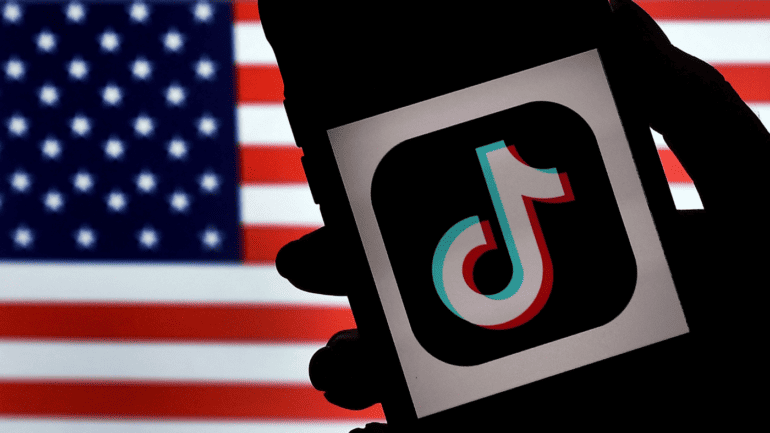The US is moving to ban TikTok after a bill passed through its House of Representatives last week.
It’s given TikTok’s Chinese owner ByteDance about six months to divest before 150 million users face not being able to access the platform.
But why TikTok? And not the other social media apps that are also collecting our data?
Bension Siebert speaks with Crikey’s Cam Wilson about data ownership and what the ban could mean for Australians:
“The idea is that this company, and as a result, this government, could be forcing ideas into the world population – in the case of the US, the US population – and that is something they just can’t stand by,” Wilson says.
“We do know they collect information on us, but also many other apps do as well,” Wilson says. “If China didn’t have access to TikTok, it could even buy information about users from data brokers.”
While data ownership problems are universal across all social media apps, TikTok’s potential media influence is concerning the US government.
“There is actually not really any evidence that it has been used to systematically target propaganda to US citizens or Australian citizens – the issue is that there is always the threat of this.”
Should the US Senate decide to ban TikTok, Wilson says short video competitors such as YouTube shorts and Instagram reels could thrive.
“I think what you’d see is a lot of people just adapt,” Wilson says. “You know, consumers, people who are watching videos, would just go to other apps.”
Australia’s Home Affairs minister Clare O’Neil flagged that she would be watching what happens in the US very closely.
Prime Minister Anthony Albanese said the government has no plans to go further than current restrictions on TikTok, which forbids it on ministers phones.
Subscribe to The Briefing, Australia’s fastest-growing news podcast on LiSTNR today. The Briefing serves up the latest news and deep dives on topics affecting you, all in under 20 minutes.
